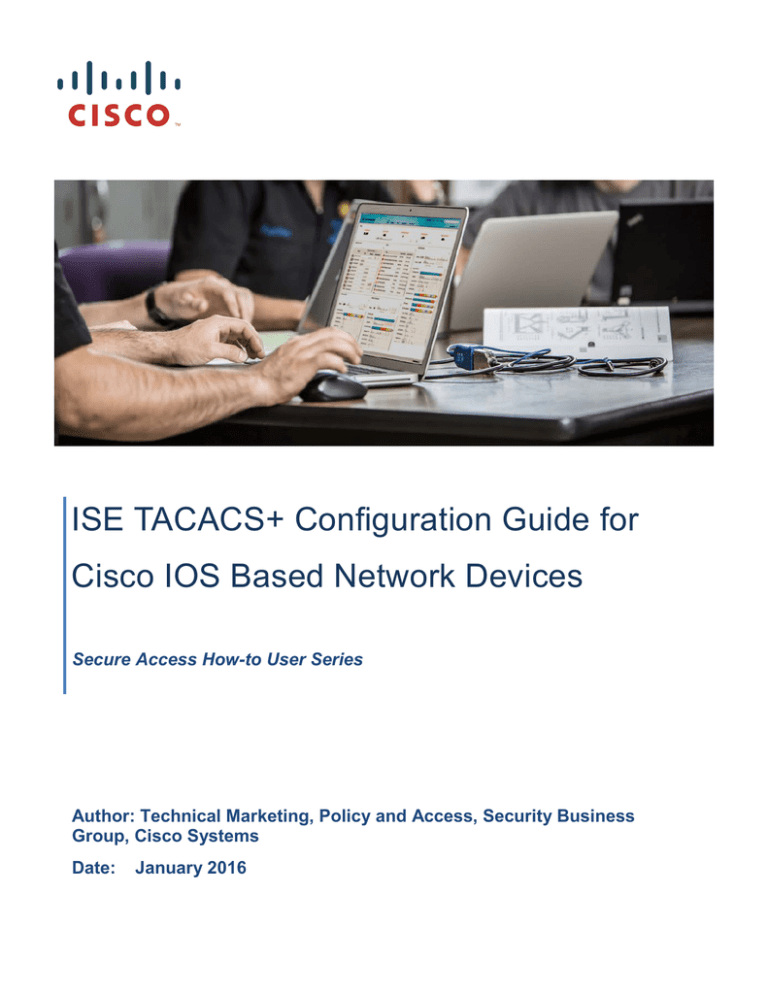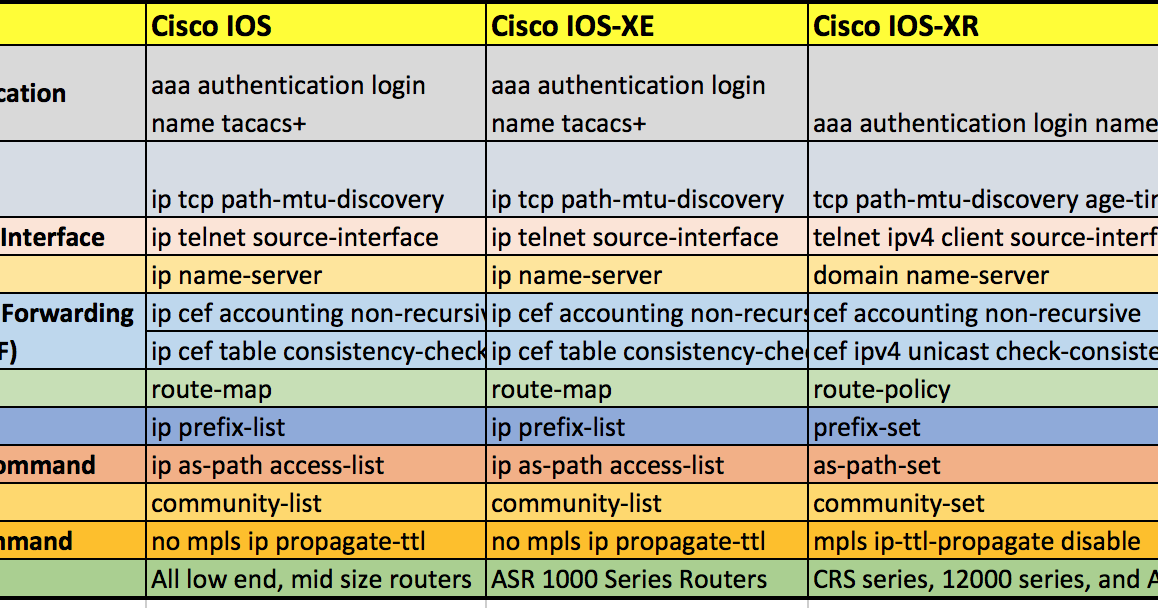

To find information about the features documented in this module, and to see a list of the releases in which each feature is supported, see the "Feature Information for Using the Cisco IOS XE Command-Line Interface" section. Finding Feature Informationįor the latest feature information and caveats, see the release notes for your platform and software release. For information on user menus, see Managing Connections, Menus, and System Banners. For information on issuing commands using the Cisco Web Browser, see Using the Cisco Web Browser User Interface. For information about Setup mode, see Using Setup Mode to Configure a Cisco Networking Device and Using AutoInstall to Remotely Configure Cisco Networking Devices. Topics covered include an introduction to Cisco IOS XE command modes, navigation and editing features, help features, and command history features.Īdditional user interfaces include Setup mode (used for first-time startup), the Cisco Web Browser, and user menus configured by a system administrator. This chapter describes the basic features of the Cisco IOS XE CLI and how to use them. This user interface allows you to directly and simply execute Cisco IOS XE commands, whether using a router console or terminal, or using remote access methods. The Cisco IOS XE command-line interface (CLI) is the primary user interface used for configuring, monitoring, and maintaining Cisco devices. Using the Cisco IOS XE Command-Line Interface

Determining Command Syntax and Using Command History: Example.Searching and Filtering from the -More- Prompt.Disabling and Reenabling Editing Features.




 0 kommentar(er)
0 kommentar(er)
